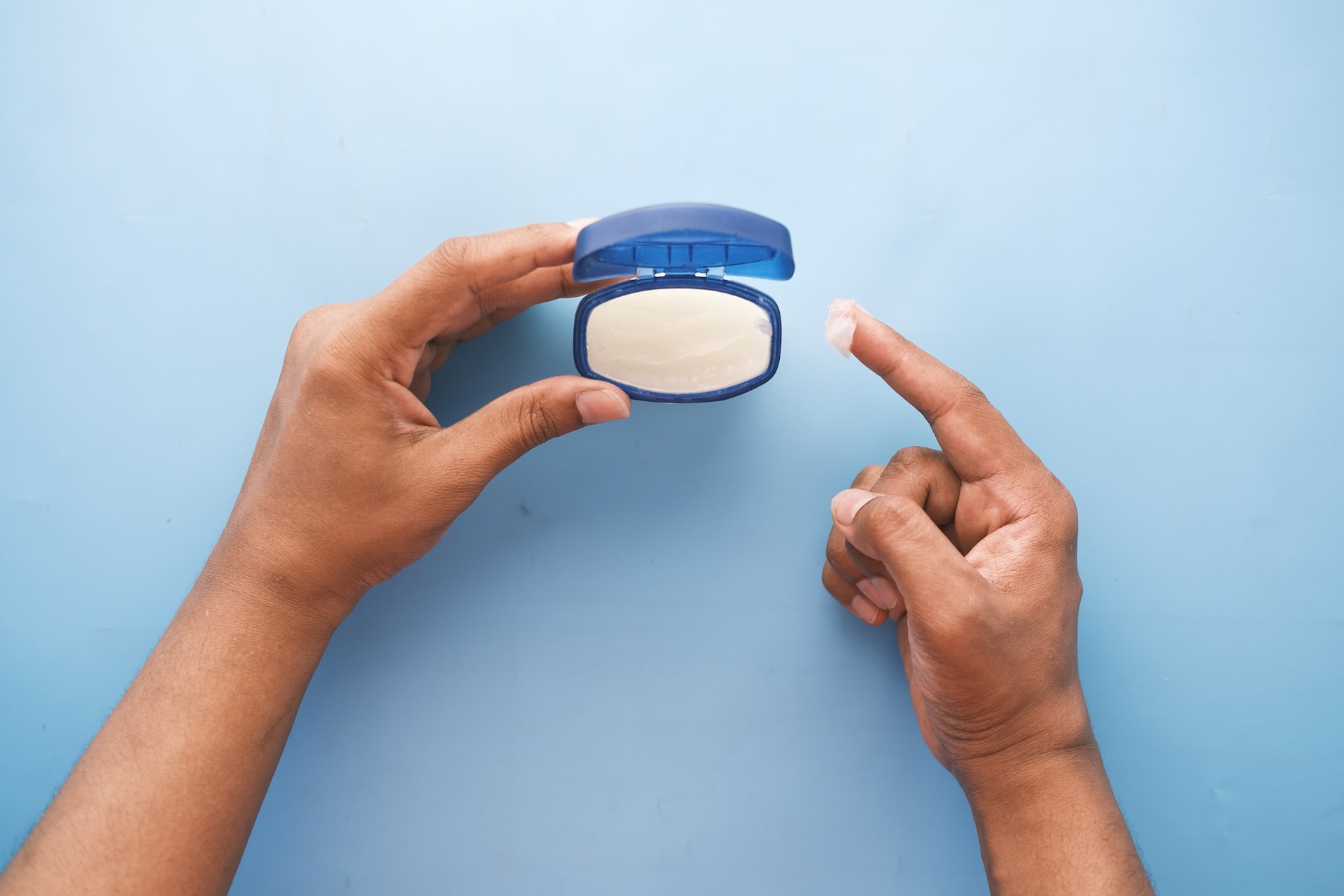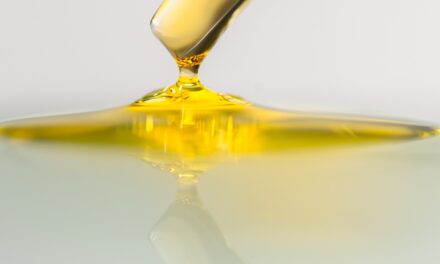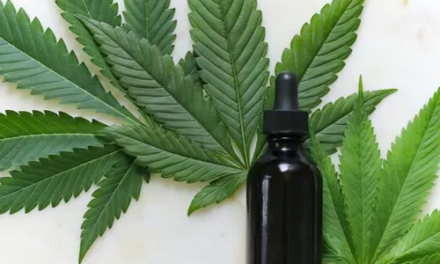Is Petrolatum in Skincare Bad?
You might’ve heard a thing or two about petrolatum in skincare, and not all of it is sunshine and roses. Does the “petrol” part make you think it’s some sort of toxic gunk? You’re not alone. But let’s hold our horses and get the facts straight. Spoiler alert: Petrolatum isn’t bad for your skin. Actually, it’s one of the most effective and allergy-friendly moisturizing ingredients out there.

What’s petrolatum?
Petrolatum, better known as petroleum jelly, comes from crude oil. No, don’t worry, it’s not like slathering motor oil on your face! It’s a thotoughly purified product made from stuff that would otherwise go to waste in the oil industry. It’s been around for a while, too, with Native Americans likely the first to discover its skin-protecting qualities.
Now, you might’ve heard of mineral oil (its fancy name is paraffinum liquidum). Petrolatum and mineral oil are sort of like cousins—they come from the same family but are different. While mineral oil is a transparent liquid, petrolatum is more of a jelly texture. That’s because petrolatum has a wider mix of hydrocarbons, giving it that gooey texture.
What’s the buzz: petrolatum benefits for the skin
Recently, petrolatum has been popping up all over social media. The number of TikTok and Instagram videos naming petrolatum shoot up by 46% and 93% in2021. Vaseline, a petrolatum product made by Unilever, is posting record sales.
Why the sudden surge in popularity? It’s all thanks to a trend known as “slugging.” This technique involves layering on petrolatum at bedtime to supercharge your skin’s hydration. But it’s not just a passing fad. The real reason why petrolatum is trending is its serious moisturizing power, all thanks to its occlusive property.
Petrolatum, with its oil-based nature, creates a water-repellent barrier on your skin, keeping your skin’s moisture from disappearing into thin air—something known as transepidermal water loss, or TEWL for short. Out of all oil-based moisturizers, petrolatum takes the crown for being the best at reducing TEWL—by a massive 98%. In comparison, other moisturizers manage only a 30% reduction.
Thanks to this, petrolatum is an ingredient of choice in dermatology for soothing several skin conditions that come with itch and irritation, such as dry skin, chapped lips, chafing, and even diaper rash. It’s especially helpful for delicate areas with thinner skin, like your eyelids or lips. In these sensitive spots, petrolatum is often less irritating than lotions.
If you’re worried about the petrolatum layer stopping your skin from “breathing” or trapping bacteria, there’s no need. Research shows petrolatum doesn’t create an impermeable seal. Things can still get in and out. (Of course, if you suspect that you have an infection in your skin, consult with a dermatologist for treatment.)
So next time you hear petrolatum is bad news for your skin, you’ll know better. It’s not only safe, but it’s also a real champ at keeping your skin moisturized and protected, especially if your skin is sensitive and feels very dry.
Choose your products based on what's inside
WIMJ Search allows you to select skincare products based on ingredients, not marketing hype. Filter products by actives included, and exclude ingredients you don’t want. Check the concentration of ingredients and potential irritants.
Related Articles
Winter Skin Care: Navigating the Chilly Season with Healthy Skin
Let’s dive into understanding winter skin and how to best care for it.
The Dark Side of Lightweight Sunscreens
Do lightweight sunscreens provide enough sun protection? Lightweight sunscreen formulas have a higher risk of not providing the sun protection they promise. Learn more in this article.
Azelaic Acid: How It Works and Why You Might Need It In Your Skincare
Azelaic acid may not be the most hyped skincare ingredient, but, frankly speaking, it deserves way more recognition. Despite its underappreciated status, azelaic acid boasts a myriad of evidence-backed benefits, including combating acne, mitigating rosacea, addressing hyperpigmentation, and fighting against free radicals.
Why Has My Skin Become Sensitive All of a Sudden?
Have you recently noticed your skin turning into a battleground of reactions? Is your once-placid complexion now flaring up at your go-to beauty products? You’re not alone. Suddenly sensitive skin can perplex anyone. Here’s a breakdown of why it might be happening and what you can do about it.
Sunflower Seed Oil: The Top Face Oil For Skin Barrier
Struggling to decide which face oil to choose? Sunflower seed oil might not be the most glamorous or exotic of skincare oils, but it could actually be the best for your skin.
CBD Skincare Benefits and Unknowns
Discover the impressive potential of CBD in skincare and learn about the risks. Our evidence-based exploration covers the CBD potential for treating acne, eczema, psoriasis and combating inflammation.
Can You Use Retinoids for Rosacea-Prone Skin?
If you’ve been grappling with the frustrating skin condition called rosacea, you may have been advised to steer clear of retinoids. This advice typically stems from concerns that retinoids can further irritate your already inflamed skin. But here’s something that may surprise you: retinoids, in fact, are commonly used in rosacea medical treatments.
Sensitive & Reactive Skin: What to Avoid?
If you have sensitive or reactive skin, what not to do is at least as important as what you actively undertake in terms of skincare. Learn what ingredients and skincare practices to avoid to reduce your skin sensitivity issues and help heal your skin barrier.
Opting for Fragrance-Free Skincare: A Skin-Friendly Choice
Opting for Fragrance-Free Skincare: A Skin-Friendly ChoiceIs the smell of your skincare products hurting your skin? It's a question we often don't think about. Yes, the scents can be nice, but they can also cause problems. About one in three skin issues from cosmetics...
What Does Sensitive Skin Mean and How to Help It?
Discover what sensitive skin truly means. We break down the causes, symptoms, and potential triggers of sensitive skin, and share simple steps to manage and reduce skin sensitivity effectively.




